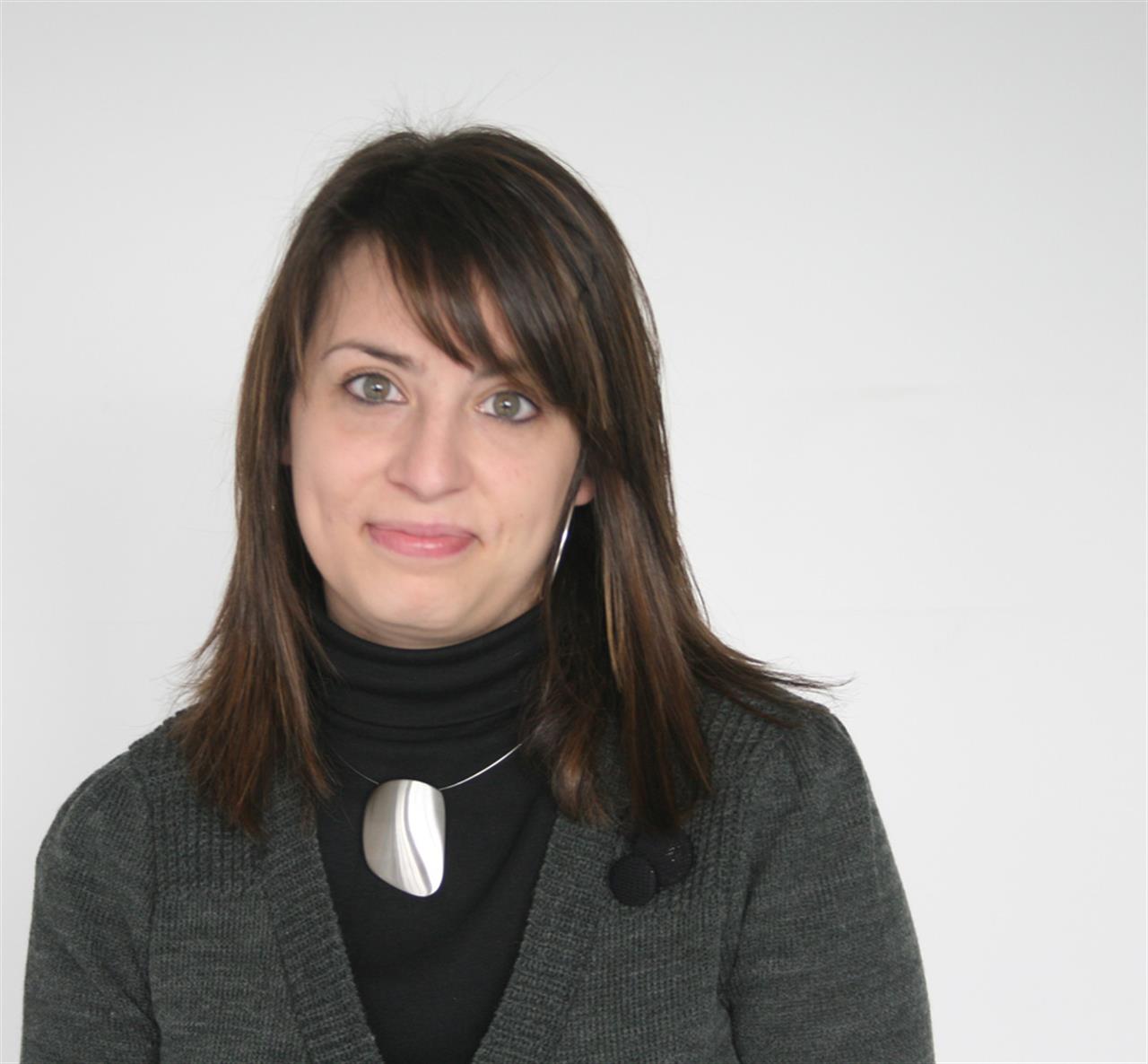Politica
Italy: Selene Biffi
Selene Biffi, founder of Youth Action for Change (YAC), tells Vita Europe about her experience and about why she placed her bets on young people ...
di Staff

Selene Biffi, founder of Youth Action for Change (YAC), tells Vita Europe about her experience and about why she placed her bets on young people. YAC may have started out from Selene’s bedroom in Italy, but 3 years down the line has become an internationally recognised global organisation.
How long have you been working in the third sector?
I have been involved in charity work for quite a few years now as I started during high school. Back then I was mainly helping out with the NGO my parents founded, that helped build a hospital and primary school in a deprived area in the countryside, close to Varanasi (Benares), India. But my first chance to get really involved came with the Oxfam International Youth Parliament (OIYP, now called Oxfam International Youth Partnerships), as they posted a survey on young people and Globalisation on their website, in 2002. It resulted in a booklet called ?Youth Guide to Globalisation?, an a couple of thoughts of mine were selected for publication.
Why did you decide to set up YAC?
In 2004, I was selected to attend the second OIYP in Sydney as action partner for my area of action, which was education. To be selected, I had to present a social action plan that would enhance social and economic conditions for communities around the world. My plan involved the creation of Youth Action for Change and was meant as a means of filling the void of youth-led organisations in Italy and to help young Italians go to conferences and become global active citizens. While at the OIYP I noticed that there were many young people who, like me, were committed to doing something good for their community but lacked the skills needed to do so. I then decided to take the initial idea of YAC a step further, by making it a global program, so as to inspire and empower young people worldwide to become active change makers in their own communities.
What do you think are the main challenges faced by the Italian third sector today?
Apathy is king here in Italy, and civil society has not yet acknowledged its role and power to bring about changes in the most urgent matters. It is a struggle to make people understand that young people have the energy and the commitment to change things for the better, if only given the chance, and unfortunately there is not much space for you unless you have support from the Church or political parties.
What opportunities do you think the third sector offers people who want to become ?social entrepeneurs??
I think that being a ?social entrepreneur? means trying to find creative solutions to the world?s plagues while staying true to oneself. You do not have to be extraordinary to do extraordinary things, just an ordinary person with a passion for change. The third sector allows me to do this and along the way it shows me that you can do a lot of good stuff with few resources and a lot of perseverance, and it possibly leads you to become your best self.
What challenges did you encounter when setting up YAC?
When I first started, I had very little knowledge of youth empowerment and participation, apart from being a young person myself. I also had no track record whatsoever, and definitely had not much money to be spent on this venture. On top of it all, I was still a student! It was very hard to make people understand my model of change and the unparalleled potential, especially because there were no other models to refer to, YAC was the first on of its kind. Things have not been easy throughout the journey, but people eventually started understanding what we were all about, and stopped looking at us suspiciously.
What lessons do you think YAC has to offer the non profit sector?
YAC has been the first organisation ever to take the peer-to-peer methodology and use it to offer free youth-taught online courses and activities in areas such as sustainable development, human rights and gender issues. Because of our groundbreaking activities, we have received praises and awards from several organisations, including the UN, the World Bank, Oxfam IYP and OneWorld. This proves the impact and the potential of peer-to-peer methodology and how, if coupled with the cost-effectiveness of ICTs, this can really become a best practice in youth and community empowerment. After YAC, the same methodology has been adapted by a few youth-led organisations in the US and even the UN has partnered with YAC to offer an online course for young people later this year.
What website would you suggest to our readers?
www.youthactionforchange.org of course!
To contact Selene please write to: staff@vitaeurope.org
Nessuno ti regala niente, noi sì
Hai letto questo articolo liberamente, senza essere bloccato dopo le prime righe. Ti è piaciuto? L’hai trovato interessante e utile? Gli articoli online di VITA sono in larga parte accessibili gratuitamente. Ci teniamo sia così per sempre, perché l’informazione è un diritto di tutti. E possiamo farlo grazie al supporto di chi si abbona.
